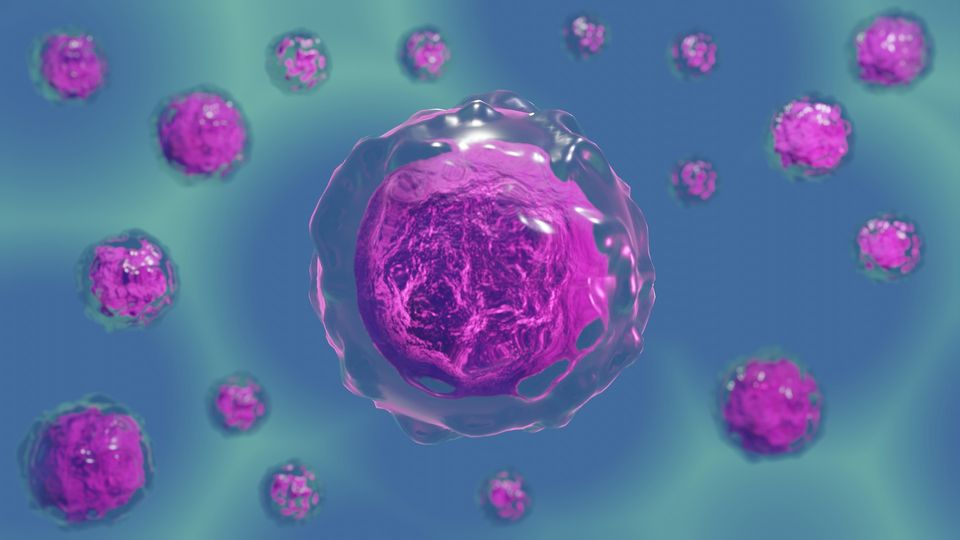"Cellular Brake" Offers Clue to Autoimmune Response During Immunotherapy

Complete the form below to unlock access to ALL audio articles.
A "cellular brake", which could prevent lung cancer patients from developing a dangerous autoimmune response during immunotherapy treatment, has been identified by scientists at the University of Birmingham.
The finding, published in Nature Communications, is the first clue to the cause of autoimmune toxicity, in which patients develop dangerous additional conditions during treatment.
Immunotherapy works by enabling the body’s immune cells (T cells) to engage with and kill tumour cells. They do this by suppressing proteins called immune checkpoints. These exist to prevent an immune response from being so strong that it destroys healthy cells in the body.
Autoimmune toxicity, which includes conditions such as pneumonitis, or inflammation of the lungs, can affect lung cancer patients undergoing immunotherapy treatment. Pneumonitis is responsible for around 35 per cent of treatment-related deaths in lung cancer patients.
Given the increasing use of immunotherapy treatment against cancer, the management of these reactions has become a significant healthcare challenge. Most commonly, clinicians will recommend discontinuing the treatment and exploring other options.
Led by Professor Gary Middleton, the team, in the University’s Institute of Immunology and Immunotherapy pinpointed a specific biological response among patients who develop autoimmune toxicity. They found a "cellular brake" – a protein which would normally limit the activity of the T cells – is missing or not functioning properly.
By identifying patients who lack this cellular brake, it may be possible to recognise patients at high risk of developing severe autoimmune complications.
Lead author Dr Akshay Patel said: “Immunotherapy is an extremely important weapon in cancer treatment and so identifying people who are at particular risk of developing these potentially life-threatening autoimmune conditions is key to weighing the risks and benefits of different treatments. It would enable clinicians to closely monitor high-risk patients, develop preventative strategies, or pursue alternative treatments altogether.”
The research was funded by Cancer Research UK and the National Institute for Health and Care Research (NIHR) Biomedical Research Centre.
Reference: Patel AJ, Willsmore ZN, Khan N, et al. Regulatory B cell repertoire defects predispose lung cancer patients to immune-related toxicity following checkpoint blockade. Nat Commun. 2022;13(1):3148. doi: 10.1038/s41467-022-30863-x
This article has been republished from the following materials. Note: material may have been edited for length and content. For further information, please contact the cited source.

